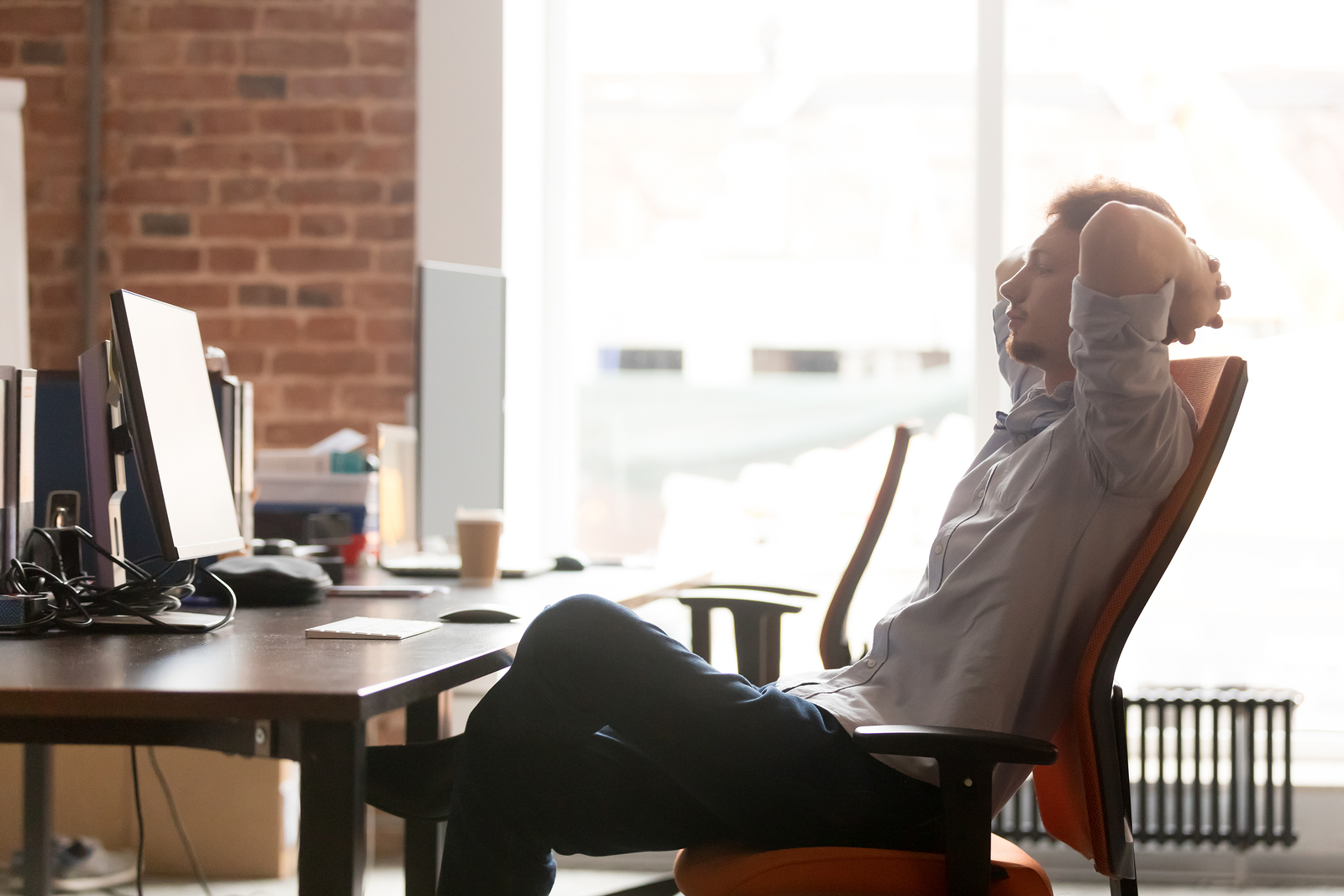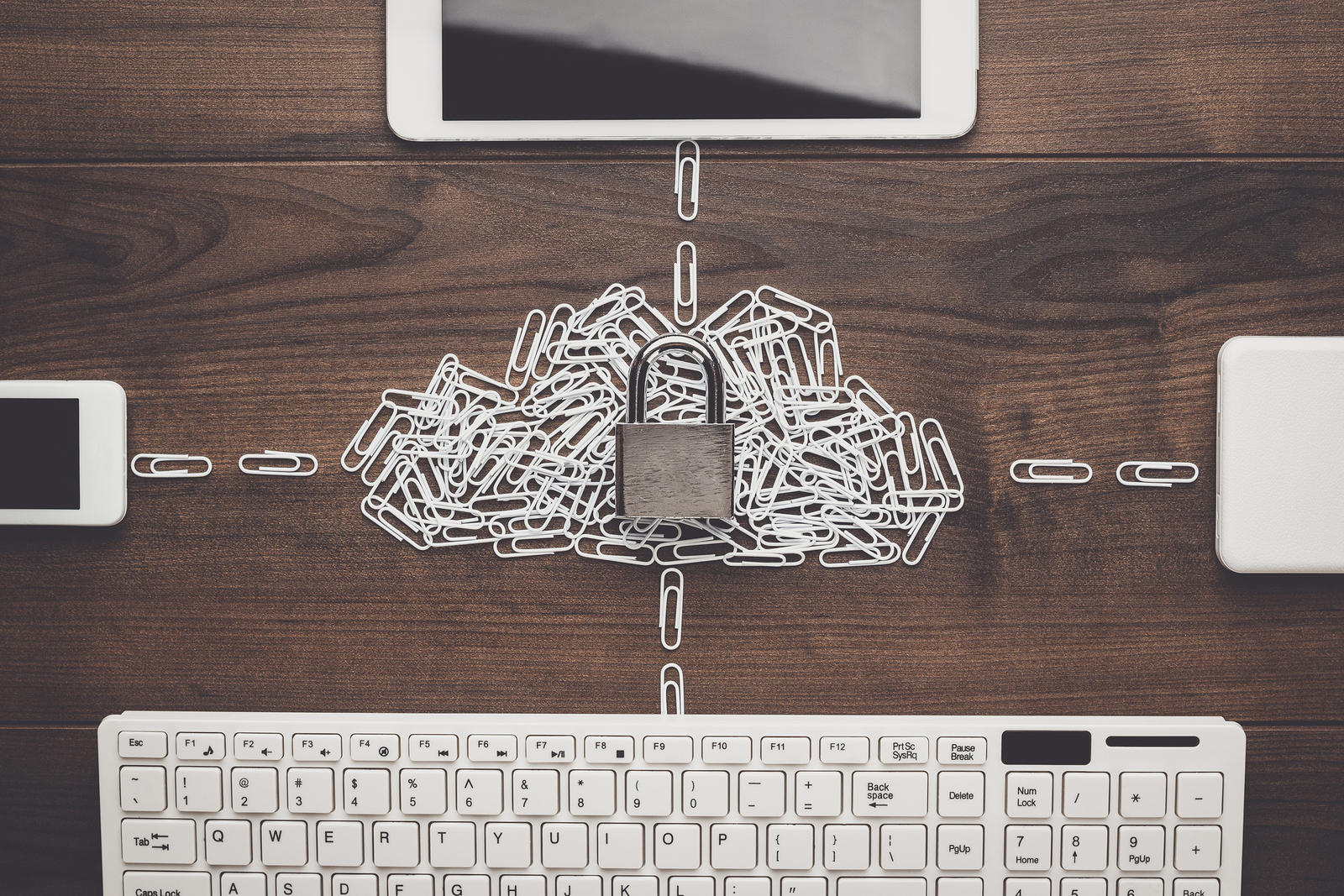As an employee, breaks tend to take place at allotted times, making sure there is always someone available for cover.
If you’re self-employed though, this structure is rarely in place. With nobody to cover the phones or other urgent demands, it can be tempting to forego break time. But, taking regular breaks will look after your mental and physical wellbeing at work—boosting productivity!
Brains burn energy too
Physical work is certainly tiring, but don’t underestimate the demands of brain power either. Working through tasks burns your energy reserves, initially through your easy-access glucose stores.
It means that using your mind for too long without adequate breaks can cause physical exhaustion, as well as mental fatigue.
Try to focus for too long and you’ll find yourself slowing down, doubting your decisions, and unable to concentrate. Take a break, and try to ensure it’s an effective one.
Better breaks for better focus
Don’t be stingy with your breaks. Research done by PR training providers PR Unlocked earlier this year revealed that 35% of freelancers who work from home eat lunch at their desk. 3% don’t take a lunch break at all!
That’s not great. We all need to spend time away from our work and give our brains a rest. It’s what allows them to consolidate new information.
Spending time away from our screens helps to reduce eyestrain. Computer Vision Syndrome, where the eyes become accustomed to focusing on one point, can result in eyes being unable to refocus. It means that a break which doesn’t involve scrolling through your news feed is pretty important for visual health, too.
Use your break to stay hydrated, and eat properly to keep things well fuelled. Whether your job entails prolonged sitting or rushing about, take the chance to stretch.
When to take a break from work
Numerous studies have found that we’re only at peak concentration for around 45-60 minutes. It’s all downhill from there! So take a break every 60 or 90 minutes, and make that break long enough to provide your brain with downtime.
Most of us have heard the phrase ‘work smarter, not harder’ too many times to really want to take it seriously. But, that doesn’t stop it being sound advice. Toiling away with an unmotivated brain, or when feeling physically exhausted, is much less efficient than shorter bursts of greater productivity.
Rethink your breaks over the next week, and see if you can boost your productivity and well-being!









Leave a Reply